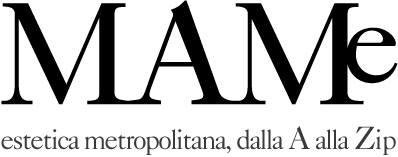Ingeo
New revolutionary fiber from the American company Cargill Dow Llc (Minnesota), specialized in the fibers and polymers sectors, with a turnover of 65 billion dollars. Launched in January 2003, Ingeo underwent 14 years of testing with an investment of 750 million dollars. The fiber is manufactured on license by leading companies worldwide (14 at the beginning). Thanks to an agreement with Far- Eastern Textiles of Taiwan, which belongs to the Far-Eastern Group, clothing articles with the Ingeo brand were to be manufactured and sold in summer 2004. It was the world’s first synthetic fiber derived from 100% natural resources (one of which is wheat), yearly renewable and offering the same performances of synthetic fibers derived from oil. The company has the only technology capable of combining economic development and social and environmental responsibility through a fermentation process. Vegetable sugars (currently taken from wheat and later to be taken from other waste materials such as grass and newspapers) are transformed into lactic acid and then are polymerized to obtain a fiber. Its name derives from the Greek meaning natural ingredients of the earth. Ingeo’s production process uses the carbon that plants take from the air through photosynthesis, thus avoiding the waste of carbon taken from limited reserves of oil. In April 2003 Cargill Dow signed an agreement with Toray Industries, an international leader of fibers and fabrics that operates in 19 countries. Toray is to have the technology license, a supply of raw materials, the Ingeo brand, and the products to sell in several countries, including Japan and Europe. Another agreement was signed in May with the Italian Radici Group, which began business with interior design fabrics in 1946. It is a multinational company active in more than 15 countries, with a turnover of 1,530 million Euros, 7,000 employees, and 60 plants. The agreement allows Radici to manufacture continuous threads, both raw and dyed, branded Ingeo.
